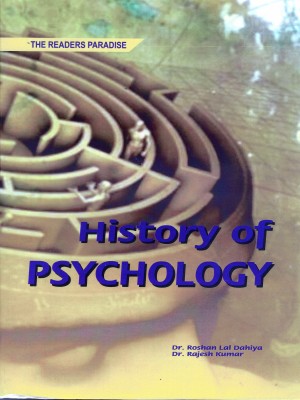
Psychology as a self-conscious field of experimental study began in 1879, when Wilhelm Wundt founded the first laboratory dedicated exclusively to psychological research in Leipzig. Wundt was also the first person to refer to himself as a psychologist and wrote the first textbook on psychology: Principles of Physiological Psychology. Other important early contributors to the field include Hermann Ebbinghaus (a pioneer in the study of memory), William James (the American father of pragmatism), and Ivan Pavlov (who developed the procedures associated with classical conditioning). Philosophical interest in the mind and behaviour dates back to the ancient civilizations of Egypt, Greece, China and India. Predating Sigmund Freud and Carl Jung by nearly 1000 years, psychotherapy was performed by Islamic physicians on those with mental illness in psychiatric hospitals built as early as the 8th century in Fez, Morocco. Psychology as a self-conscious field of experimental study began in 1879, when Wilhelm Wundt founded the first laboratory dedicated exclusively to psychological research in Leipzig. To look at the beginning of experimental psychology is to look at the beginning of psychology. The typical perception about psychology today is that it consists mostly of practitioners: clinicians, counselors, and therapists trained in the helping profession. Currently, that view is accurate: over half of the members of the APA identify themselves as practitioners. However, the clinical and counseling areas of psychology did not emerge on a large scale until about 1945, at the close of World War II.
ISBN: 978-93-82110-41-5
1295
@copyrights all reserved The Readers Paradise Design By www.cypwebtech.com